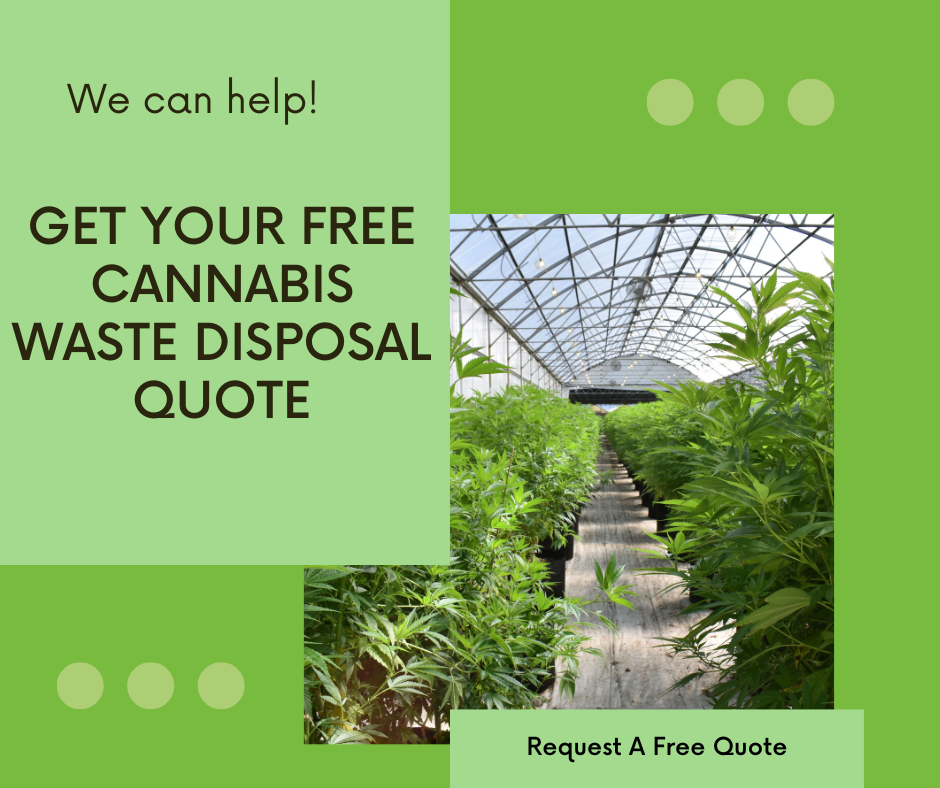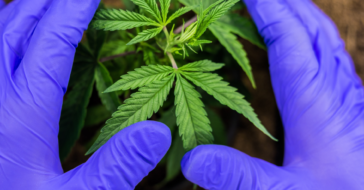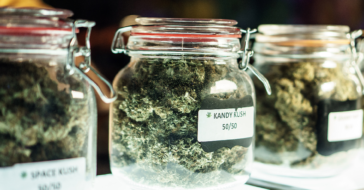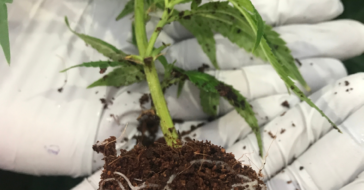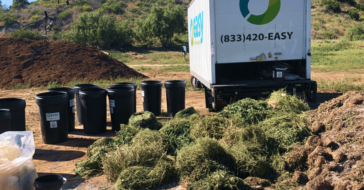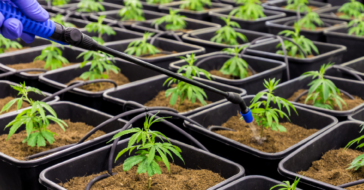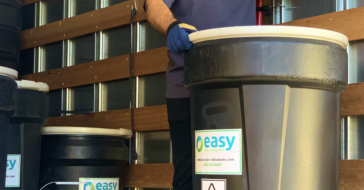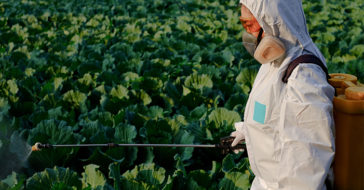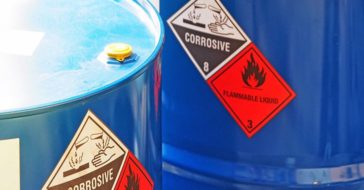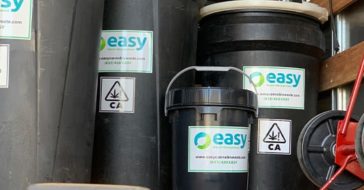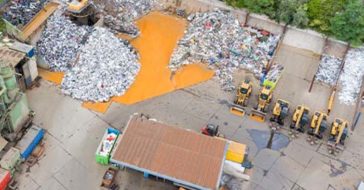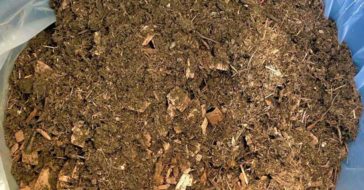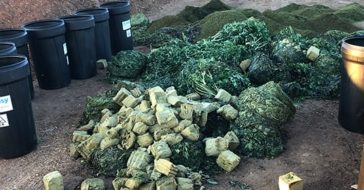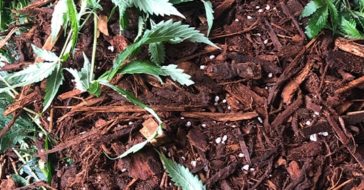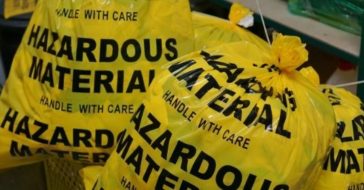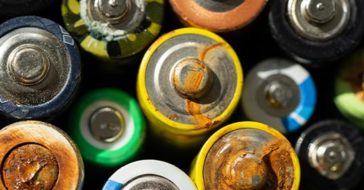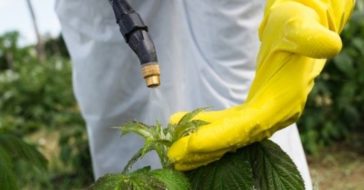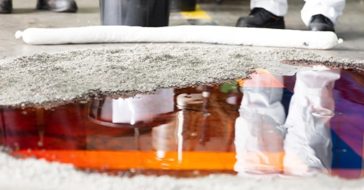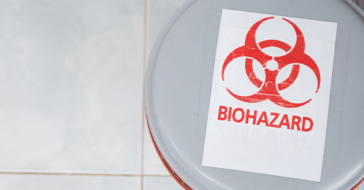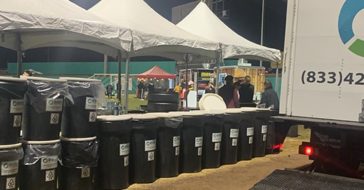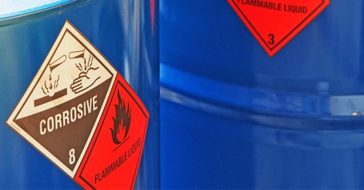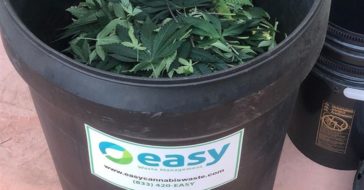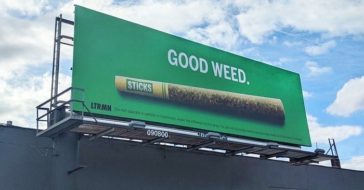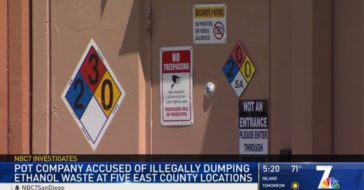As a business owner, you’ve learned to expect the unexpected. While you may strive for perfection in your cannabis operations and products, challenges can come up unexpectedly, including failed results from routine testing.
In California, ALL cannabis products have to undergo a rigorous testing process before these products ever hit store shelves. The Department of Cannabis Control sets the safety standards that cannabis companies must adhere to, from testing to product packaging.
No matter how safe your procedures are, you are likely to eventually face failed product testing, product recalls or incorrect packaging that you must dispose of according to the law. Even if you are a new business, it’s important to do your research ahead of time so that you can be prepared if you find yourself in one of these situations. Here are some frequently asked questions about failed products so that you can better navigate these challenges.
How Can My Products Fail During Testing?
There are several ways your cannabis products can fail to pass routine inspections. These include:
- Testing for residual solvents, pesticides or other foreign materials
- Inaccurate packaging and labeling
- Lack of child-resistant packaging on a cannabis product
- Not meeting the edible packaging requirements (100 milligrams of THC per package and 10 milligrams of THC per serving)
- Heavy metal contamination from cannabis plants that were grown in soil contaminated with these substances
- Moisture content exceeds limits (in California, a cannabis sample cannot have a water activity of more than 0.65 Aw, or 0.85 Aw for solid edible products)
Particularly with packaging, one of the largest drivers of failed tests in California is inaccurate claims on the packaging regarding THC levels or CBD levels in the product.
Even paper suppliers that supply rolling papers for cannabis products must abide by these quality control laws. In California, rolling papers and cones must have below the maximum allowed levels of heavy metals or pesticides.
A licensed testing lab in California found that about 11% of rolling papers fail testing. A study looked at 118 products from Amazon and several smoke shops in the Santa Cruz area. Researchers found that at least one heavy metal was found in 90% of the rolling paper products, with 8% containing concentrations above the legal limits. Pesticides were found in 16% of samples, with 5% above legal limits.
If your products don’t pass lab testing and don’t qualify for remediation and re-testing, you must create a failed cannabis destruction plan.
What Is A Failed Cannabis Destruction Plan?
When cannabis products fail to meet safety or quality standards outlined by state regulations, they may need to be disposed of in a manner that ensures they cannot enter the illicit market or pose a risk to public health and safety.
A cannabis destruction plan typically includes detailed procedures and protocols for the proper disposal of cannabis products or materials that do not meet regulatory requirements. While specific requirements may vary by jurisdiction, a comprehensive destruction plan generally includes:
- Documentation procedures
- Destruction methods
- Security measures
- Disposal logistics
- Compliance with environmental regulations
- Reporting requirements
- Contingency plans for unexpected issues
By implementing a thorough destruction plan, cannabis businesses can ensure that they comply with regulatory requirements and prevent unauthorized access to cannabis products or materials that do not meet safety or quality standards.
Do I Have To Quarantine Products When Batches Are Recalled?
Yes, if you plan to destroy recalled products, you must quarantine the product for at least 72 hours. You must also attach any relevant documents to the recalled products and must fulfill any track and trace reporting requirements.
Once the quarantine period ends, you must render the product unusable and unrecognizable. That means the cannabis product must be made unfit for consumption or any other use. You must also alter the product in such a way that it cannot be identified or distinguished as cannabis. This could mean removing labels, packaging or any other identifying features that would indicate the product’s original purpose.
Destruction must take place under video surveillance as well.
How Are Cannabis Products That Fail Testing Destroyed?
Common destruction methods that are allowed under the law include shredding, grinding, incineration, mixing with other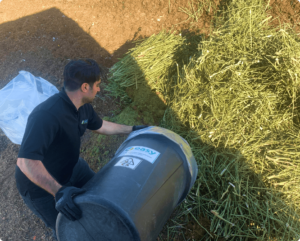 substances (such as compost or non-cannabis waste), or chemical denaturation.
substances (such as compost or non-cannabis waste), or chemical denaturation.
Chemical denaturation is a process in which a substance’s chemical structure is intentionally altered or modified to render it unusable for its original purpose. In the context of cannabis products, chemical denaturation may involve the use of chemicals or chemical agents to chemically alter the cannabinoids and other compounds present in the cannabis material, effectively destroying its potency and making it unfit for consumption or any other use.
Overall, the goal of destroying cannabis products that fail testing is to ensure consumer safety, prevent diversion into the illicit market, and maintain compliance with regulatory standards governing cannabis production and distribution.
Who Can Help Me Dispose Of Failed Products?
Reputable cannabis waste disposal companies can help you navigate the complex process of managing your failed cannabis products.
In California, several types of cannabis waste are considered hazardous, so it’s important to partner with a certified disposal company that is legally allowed to transport your waste to the appropriate facility. It’s also important to note that because hazardous waste is more costly to dispose of, the best cannabis waste companies will work with you to determine if any of your waste can be classified as non-hazardous.
When choosing a cannabis waste management company to work with, look for a partner that is well-versed in state and federal regulations related to cannabis waste since cannabis compliance in California is continually evolving.
Comprehensive services should include:
- Collection
- Secured storage areas when awaiting transportation
- Transportation to the appropriate disposal site
- Proof of final disposal
- Proof of recycling and repurposing
- A manifest to ensure you can enter the required details for the track-and-trace reporting requirements
- Certified weighing upon drop-off at licensed compost facilities and recycling centers
- Consultations on best practices that can help your company improve compliance
- Regular monitoring of evolving state and federal legislation
If you generate cannabis waste, you must have a waste management plan in place. A top cannabis waste disposal company will help you develop this plan and maintain it as laws evolve both at the state and national levels.
If your company requires cannabis destruction services, it’s crucial to partner with a certified and licensed disposal provider that offers compliant, environmentally friendly methods that offer you peace of mind that your disposal needs are being handled by professionals.

